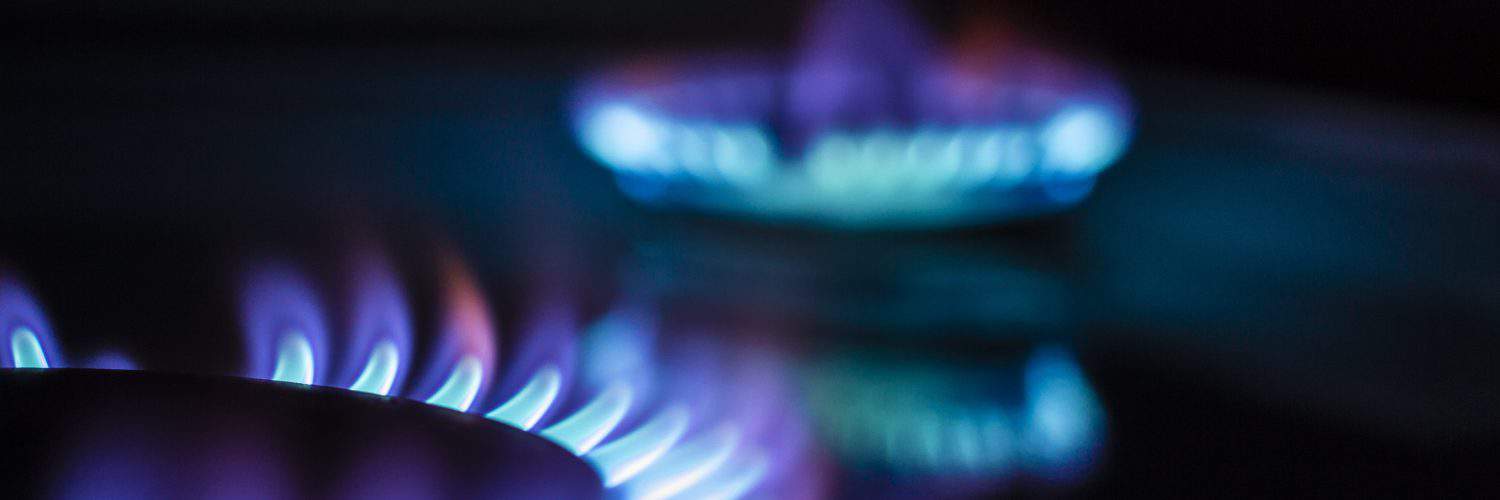Natural gas futures have continued their upward momentum this week, pushing above US$5/MMBtu to close at a six-week high of US$5.232/MMBtu on Wednesday. Despite a bearish storage report, Henry Hub prompt-month futures are still trading higher at US$5.38/MMBtu as of 2:30pm EDT. Weather patterns and robust demand for US liquified natural gas (LNG) exports have been the key drivers impacting upward price movement. Concerns of cooler weather remaining through early April, and the potential for a hot summer further impacting the natural gas storage deficit are adding to the price strength. US LNG exports have remained above 13 Bcf/d, approaching record levels as European demand persists amid the month-long Russian-Ukraine conflict. President of the European Commission, Ursula von der Leyen, is meeting with US President Joe Biden to discuss how to prioritize LNG exports to Europe in the upcoming months, with further details to be announced soon. US LNG plant utilization rates are maxed out, leaving the North American natural gas market open to a relative (seemingly capped) level of influence from global LNG markets.
The EIA estimated working gas storage was 1,389 Bcf for the week ending March 18th, following an overall withdrawal of 51 Bcf. The pull was below market expectations averaging 56 Bcf, and below the five-year average withdrawal of 62 Bcf. The supply/demand balance remains tight as storage levels are now 20.9% below year-ago levels and, relative to the five-year average, 17.4% less. The first injection for the season of 30 Bcf or less is expected for the week ending tomorrow.
In Canada, prompt-month futures for AECO are trading at C$4.61/GJ, while Dawn is trading at C$5.99/GJ. Prices have risen, with week-over-week increases of $0.22/GJ and $0.39/GJ at AECO and Dawn, respectively. Point Logic reports Canadian natural gas storage for the week ending March 18th was sitting at 236 Bcf, after a withdrawal of 15 Bcf. This withdrawal decreases storage inventories to 32.6% below the 5-year average and 28.5% below storage levels last year at this time. Canadian storage is 27% full, with Eastern storage levels now at 17% of capacity and Western storage 33% full. A withdrawal of 1 Bcf is expected for the week ending tomorrow.
– Karyn Morrison, Energy Advisor








Add comment